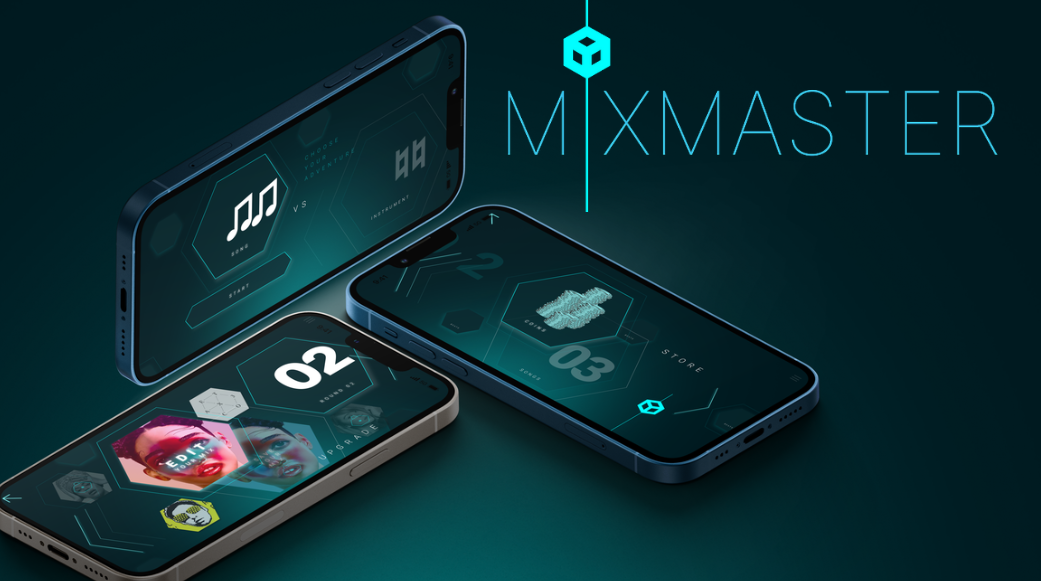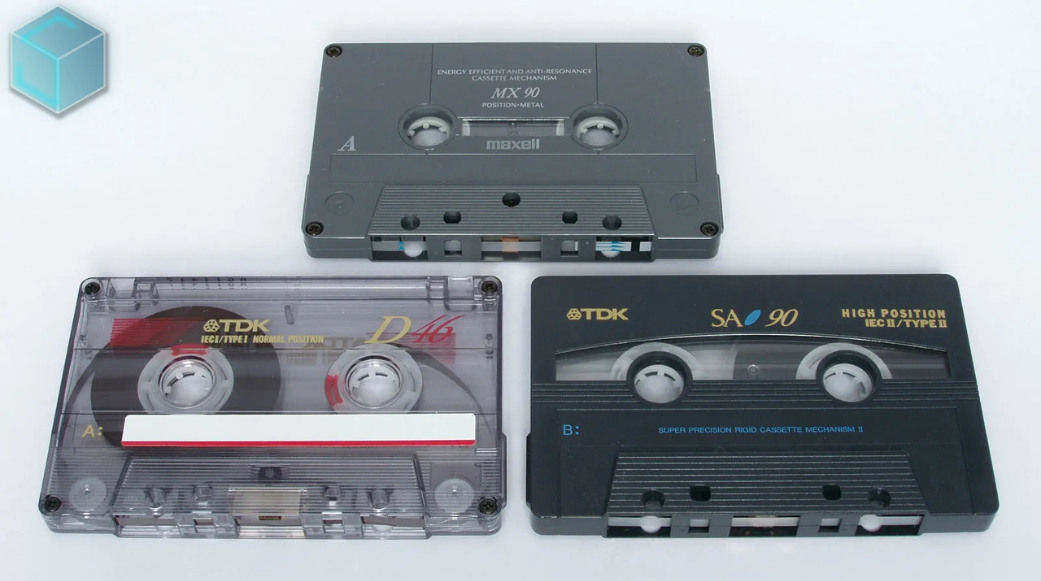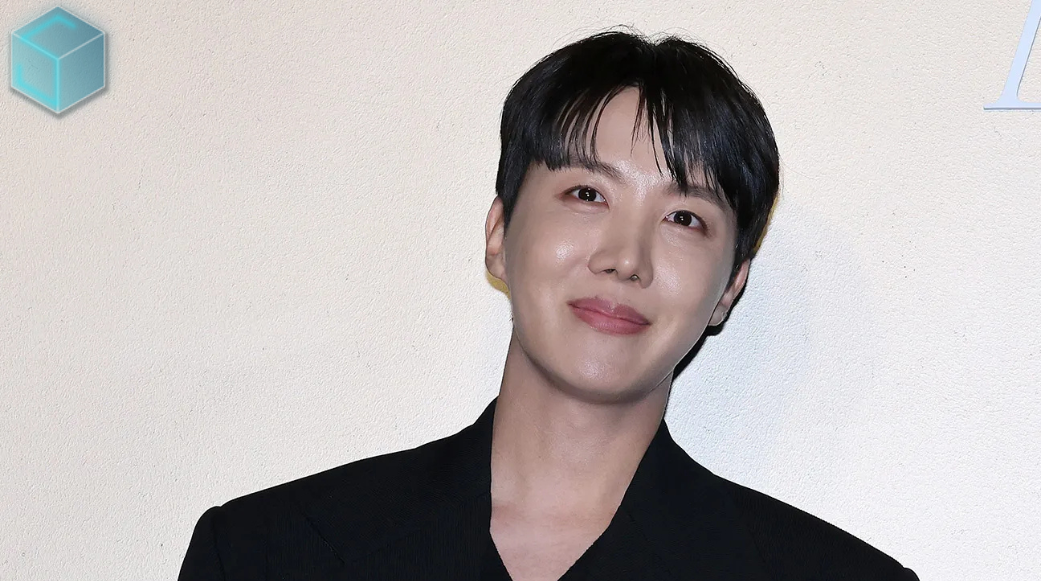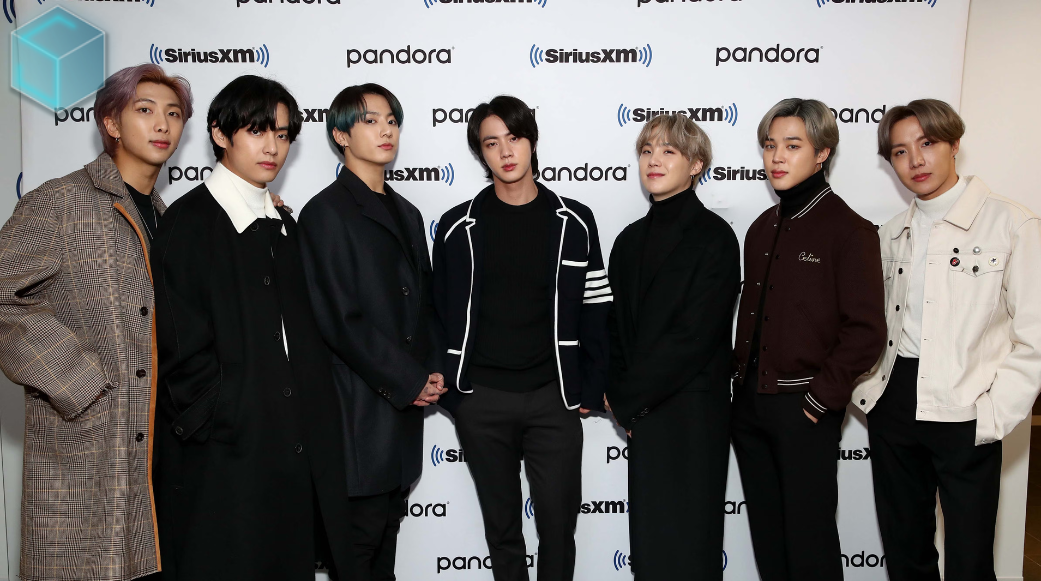.png)
March 2, 2026
Sabrina Carpenter’s Short n’ Sweet era shows how banjo and other country sounds can live comfortably inside glossy pop production. Her tracks mix bright acoustic textures with punchy drums, synths...
Read more.png)
March 2, 2026
Over the last few years, phonk has exploded from underground SoundCloud mixes into mainstream playlists and TikTok trends. You’ve probably heard its gritty, nostalgic energy like the dark bass...
Read more.png)
March 2, 2026
Not long ago, songs were built slowly. An instrumental intro would set the mood, a verse would ease listeners in, and the chorus arrived later as the reward. Today, that structure is quietly...
Read more.png)
March 2, 2026
Bad Bunny’s 2026 Super Bowl show didn’t just break viewing records—it confirmed that the “global sound” (Latin music, Afrobeats, Amapiano, Afro-fusion) is now the center of pop culture, not a side...
Read more
March 2, 2026
If you’ve been mixing music for a while, you’ve probably heard about Spotify’s big update: lossless streaming is finally here. That means Premium users can now listen to songs in full-quality FLAC...
Read more
October 23, 2025
Discover how Mix Master strengthens your brain just like an instrument - training focus, creativity, and emotional intelligence through the science of sound.
Read more.png)
September 8, 2025
Tools like Suno are now powerful enough to generate melodies, lyrics, and even full songs in seconds. That’s exciting—and controversial. Just ask Timbaland. Recently, he came under fire..
Read more
August 23, 2025
The 1980s and 1990s analog music medium known as cassette cassettes is experiencing an unanticipated comeback, with Gen Z spearheading the trend. Taylor Swift, who included cassettes in the release...
Read more
August 23, 2025
This week's most notable headline: Doja Cat's erotically charged, '80s-inspired music video, "Jealous Type," is dominating social media feeds and cultural discourse, marking her most daring...
Read more
August 23, 2025
J-hope and GloRilla's "Killin' It Girl," a spectacular blend of K-pop flare and shameless hip-hop heat that has taken the world by storm, is this week's winner of the Best Collaboration of Summer...
Read more
August 23, 2025
Carly Rae Jepsen is giving fans the ultimate gift for the 10th anniversary of her critically adored album Emotion: a special edition featuring four never-before-heard tracks and two fresh remixes...
Read more
August 23, 2025
The wait is over, ARMY! BTS is officially back together and balancing work and play in their first moments of reunion after completing mandatory military service. J-Hope sent fans into a frenzy...
Read more.png)
If you’re a songwriter who can sing but can’t play an instrument, you may feel like you’ve hit a roadblock in your creative journey. You have the ideas in your head, but you’re unsure how to turn them into fully realized songs without being able to play the music yourself. The good news is that many successful songwriters have found ways to bring their ideas to life without being proficient on an instrument.
Let’s explore some strategies for turning your songwriting skills into fully produced music and finding collaborators who can help you along the way.
One of the most effective ways to bring your song ideas to life is by collaborating with musicians or producers who can play instruments or handle production. Many famous songwriters work this way, focusing on the lyrics and melody while leaving the instrumental composition to someone else. Here’s how you can start collaborating:
Example: Elton John and Bernie Taupin have had one of the most famous songwriting collaborations in music history. Bernie Taupin focuses on the lyrics, while Elton John composes the music and plays the piano. This partnership proves that you don’t have to be able to play an instrument to create iconic songs—you just need the right collaborator.
Even if you can’t play an instrument, you can still start creating music using digital tools. Music software, also known as DAWs (Digital Audio Workstations), can help you produce basic demos of your songs without needing to know how to play an instrument.
While you don’t need to be a master musician, learning some basic chord progressions can help you communicate your ideas more effectively. Even if you only learn a few chords on piano or guitar, this can give you a better understanding of how music is structured and help you sketch out simple song ideas.
If you’re working with a producer or musician, communication is key. You may not know how to play the music, but you can still guide the direction by being clear about your vision.
Remember that being a songwriter is an art form in itself. Not every songwriter is also a musician or producer, and that’s perfectly okay. Focus on honing your songwriting skills—writing compelling lyrics, crafting catchy melodies, and telling a story through your songs.
You don’t need to be a multi-instrumentalist to be a successful songwriter. By collaborating with musicians and producers, using music software to create basic demos, learning a bit of chord theory, and clearly communicating your ideas, you can bring your song ideas to life. Focus on what you do best—writing lyrics and melodies—and surround yourself with collaborators who can help you fill in the musical gaps.
Have you found a way to overcome not playing an instrument as a songwriter? Share your experiences and tips in the comments below!
Watch the Legend Paul McCartney talk about his songwriting process: